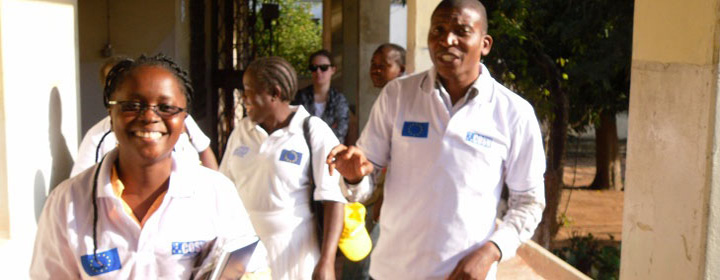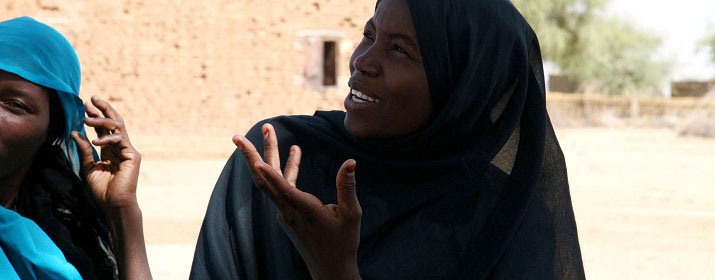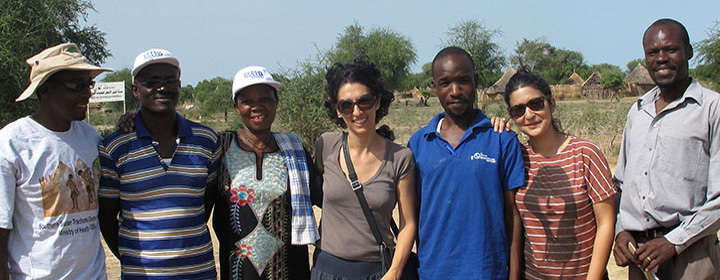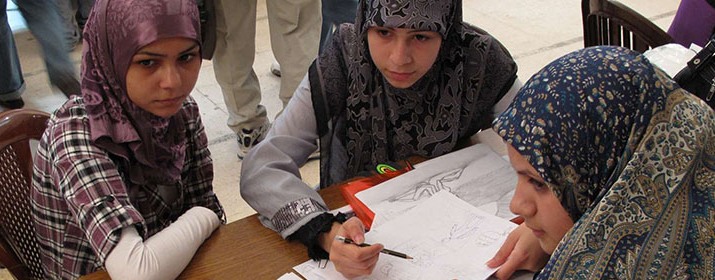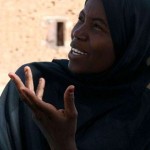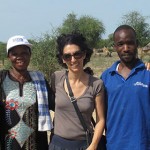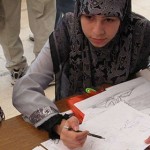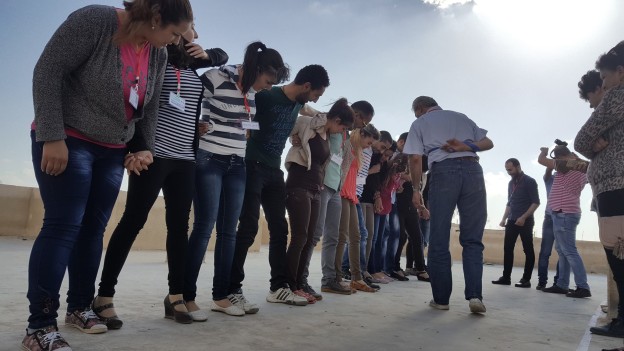Natural reserves stressed by climate changes and indiscriminate exploitation of resources, areas struggling to cope with reception of refugees communities, multi-ethnic municipalities striving for the provision of socio-economic services. Our working contexts present different features, but a common main factor: a civil society that gives voice to social change and is actively engaged towards the progress. We work with various expressions of this civil society, encouraging partnerships for a project co-designing, that we expect to become a lever for sustainable local development.
The community approach is a methodology that links our projects in different countries. What does it mean, working with civil society? What objectives, methodologies and tools may support our approach? We discussed it during the workshop “Local development through a sustainable community approach”: three days of sharing and matching between COSV team and external actors, to integrate, with new meanings and awareness, our intervention strategy in Middle East, Balkans and Southern Africa.
“Opportunities” and “Dialogue” emerge as key words in our activities to support communities. Our projects are increasingly focused on operative models designed to build bridges through multi-cultural, multi-ethnic and multi-religious contexts, by acting as third party, respecting differences between community groups.
For example, in Macedonia, we encourage the meeting and the creation of common spaces among various ethnic communities belonging to five municipalities, to build trust and participation among all the parties involved in decisional processes. Local institutions play a key role: the restoration of institutions’ function is essential to reconnect the social framework. This can ensure not only the good ongoing of single interventions, but also a long-term sustainability of the development.
The multi-inclusive approach that we have adopted also includes private sector, local and international stakeholders. In middle-eastern contexts, like Lebanon and Turkey, we engage not only communities, but also a large number of actors – belonging to profit or no-profit sectors – to experience forms of social enterprise, networking and partnership. In these contexts, host and refugees communities are at risk of developing a competitive interdependence, due to poor resources and to an almost non-existent labour market. Then, here we act to build new dialogue and job opportunities, by offering also a training support, enabling (both local and refugees) young people and unemployed to improve their capacities and to create for themselves professional profiles suitable for a new positive socio-economic environment.
We base our activities on a “bottom-up” approach that – in respect of cultural particularities – provides the gradual engaging of all social system. In our opinion, this approach is necessary if the objective has to be the resilience, namely the capacity of communities to deal with a wide range of more or less complex/sudden problems. Working for resilience requires not only an intervention on the political-economic environment, but also a multi-dimension vision, with special attention on the environment.
In a country frequently exposed to climate shocks like Mozambique, communities have difficulties to find an alternative at the indiscriminate exploitation of natural riches – even if those are under protection – to maintain their livelihoods. Then, in this area, we work with local management teams, trying to put ourselves as mediators between development possibilities and the need to preserve natural resources: we think that both these factors are essential to seek sustainability.
To talk about sustainability, a long-term perspective is needed: it is very important to look forward a single cooperation project. That is why we have designed our strategies starting by societies: by matching ours field operators’ best practices, it’s cleat that, to promote development, it is crucial to cooperate with beneficiaries. In this way, they will become resource producers and guarantors of long lasting solutions. The community is a driving force, a decisive actor towards sustainable change.

